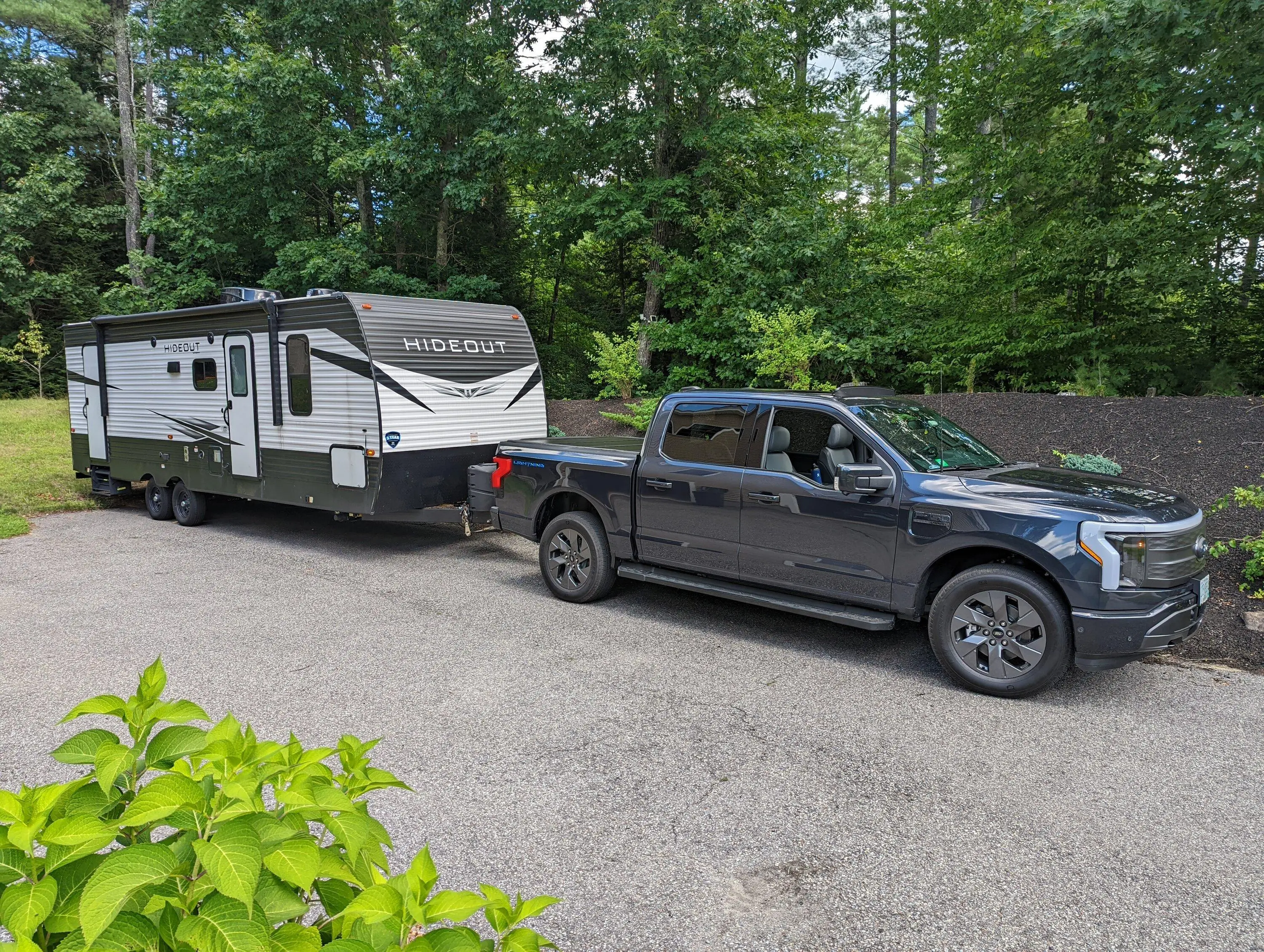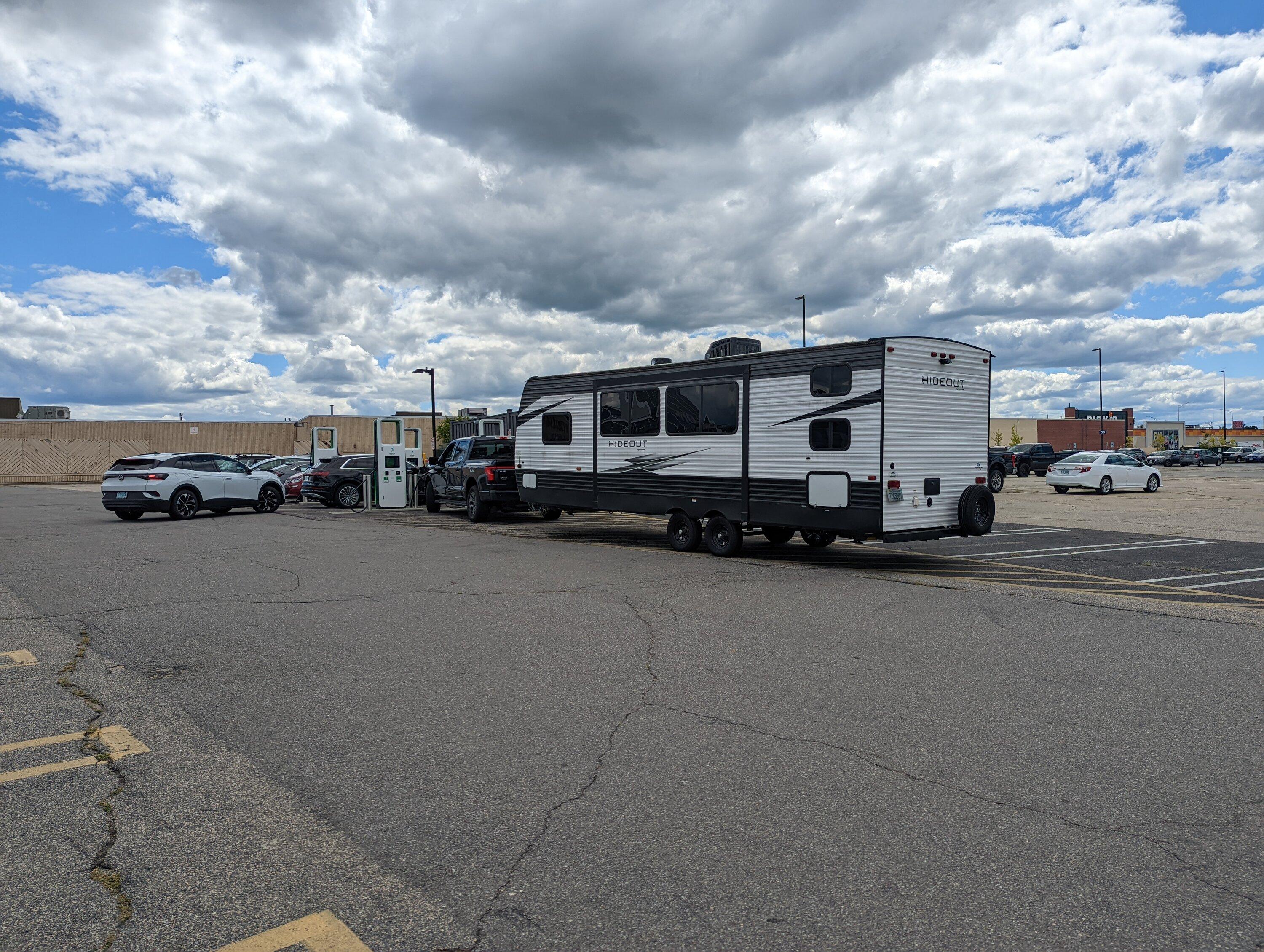FlasherZ
Well-known member
- Joined
- Mar 10, 2022
- Threads
- 9
- Messages
- 915
- Reaction score
- 1,025
- Location
- St. Louis Metro
- Vehicles
- F-150 Lightning, Tesla Model X, F250 SD diesel 6.0
A little bit of both.I sure appreciate everyone sharing their knowledge around here.
These are all topics I do not understand, and won’t anytime soon - but hope to keep following and pick something up.
The conversations are far enough above my head that I hoped someone might clarify for me: am I understanding correctly that, if powered by the Lightning, GFCI’s will have a problem; or is it the other way around, that if plugged into a GFCI theLightning will have a problem?
Appreciate the hand-holding in advance
But what we've been talking about here is that if you plug the Lightning's mobile connector into a receptacle protected by a GFCI OCPD (breaker) you may end up with nuisance trips of that breaker.
And the 2020 version of the NEC now requires that all 50A receptacles in homes must now be protected by GFCI OCPD's, so we're probably going to see a bunch of nuisance tripping and troubleshooting while they work out bugs.
Sponsored




